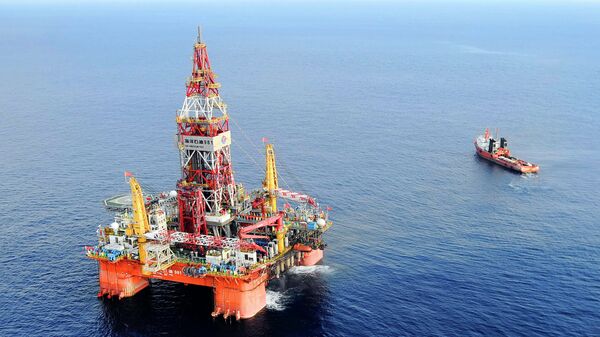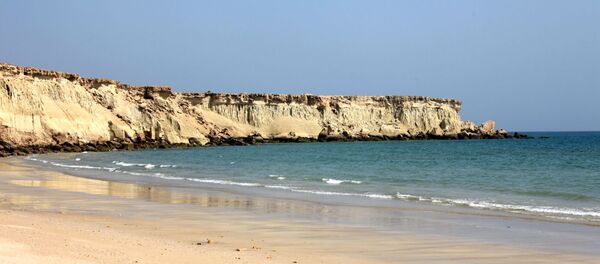Sushma Swaraj will be the first senior minister to visit Myanmar since the democratically elected government took charge there. Vikas Swarup, spokesperson for the Indian Ministry of External Affairs, said, “External Affairs Minister (EAM) Smt. Sushma Swaraj will visit the Republic of the Union of Myanmar on August 22, 2016. This will be first major political exchange between India and Myanmar following the swearing in of the new National League for Democracy Government led by Daw Aung San Suu Kyi in Myanmar. EAM will be accompanied by Foreign Secretary and other officials from MEA.”
The visit comes at a time when Indian oil refiners including Indian Oil and Bharat Petroleum (BPCL) are keenly exploring the opportunity of gasoline exports to Myanmar. BPCL through its subsidiary has begun talk with the Myanmar government regarding exports of 500,000 MT of gasoline every year which is a quarter of Myanmar’s total consumption. Having the world's topmost GDP growth rate, it is expected that Myanmar's fuel consumption will expand at an average of more than 6% over the next 5 years.
In March this year, Indian Oil bid for a joint venture with Myanmar Petroleum Products Enterprise for import, storage, distribution and sale of all petroleum products except liquefied petroleum gas (LPG) and liquefied natural gas (LNG).
Apart from fuel retailing, the Indian energy conglomerate has also expressed keen interest in investment in Myanmar's gas reserve
“Myanmar has large oil and gas reserves, but the exact size of these reserves is still not fully known. Most geologists believe that Myanmar offshore is full of natural gas, and that is precisely the reason Indian oil and gas companies, including ONGC and Reliance, are keen," Narendra Taneja, energy expert, told to Sputnik.
Meanwhile, China, Myanmar's biggest trading partner, is also seeking to expand its investment in this sector. It plans to set up an oil refinery costing 3 billon dollars in the Davei special economic zone that is expected to be operational by 2019. The plant will be capable of processing 100,000 barrels of oil per day.
So far, Myanmar has been largely dependent on imports for its domestic needs as the country does not have modern refineries.


